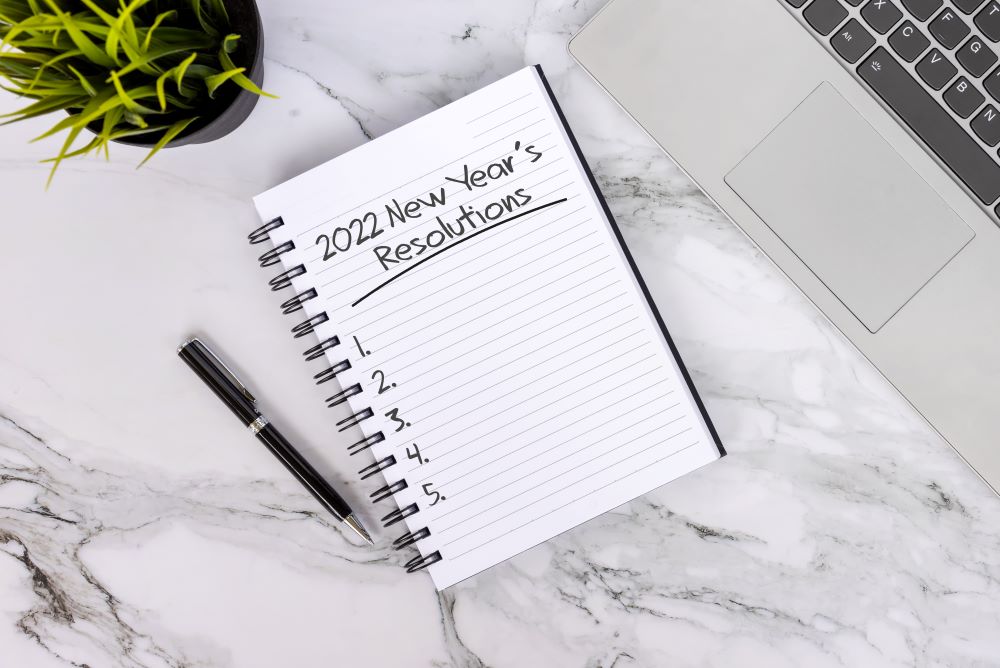With the buzz of the holidays, it’s easy to overlook that 2022 is just around the corner. And with the New Year comes new resolutions. If you are among the segment of Americans looking to tap into the hot housing market, purchase a new car or work toward other credit goals, now is the time to start paying attention to your credit.
5 Things Negatively Impacting Your Credit Score
1. One Late Payment
All it takes is just one late payment to affect your credit score. If you make even one payment more than 30 days late, your credit score may suffer. That’s when credit card issuers are likely to notify credit-reporting agencies of your delay. That can drop your score. So, pay your bills on time, every time.
2. Using Your Credit, Too Much
If your balances are creeping up toward your credit limit, it can hurt your debt to credit utilization ratio. That ratio is how much of your available credit you’re using compared to the total amount available to you. Lenders and creditors generally prefer to see a lower debt to credit ratio (below 30 percent).
3. Applying For More Credit
Every time you ask for credit – everything from applying for a mortgage to a store credit card – a hard credit inquiry is made on your account. Every hard inquiry affects your credit score, even when you don’t get approved. Applying for multiple credit accounts in a short time may negatively impact credit scores and cause lenders to view you as a higher-risk borrower.
There’s one caveat: if you are shopping for an auto or mortgage loan or a new utility provider, the multiple inquiries for that purpose are generally counted as one inquiry for a given period of time (typically 14 to 45 days, although it may vary depending on the credit scoring model).
4. Canceling Your Zero-Balance Credit Cards
Paying off the balance on a credit card is always a good step toward repairing your credit health. But, even if you’ve paid off a credit card, hold onto it. Canceling a credit card can hurt your score in two ways: It reduces your total credit amount, which can raise your credit utilization ratio. It also can shorten the age of your credit history.
5. Ignoring Your Credit Report
Actively monitoring your credit allows you to stay on top of changes to your credit report, including possible suspicious activity. A credit monitoring service is essential when you’re monitoring your credit for suspicious activity or actively trying to reach your credit goals. Your credit monitoring service helps you detect new accounts and inquiries to your credit report. If you didn’t make these changes, there’s a good chance your identity is compromised.
Having good credit can unlock many savings and benefits, including access to loans and credit cards with the most favorable terms. It’s key to learn how to maximize your credit scores and to pay attention to bad habits that may be sabotaging your efforts. Plus, using a credit monitoring service helps you stay on top of the ups and downs of your credit score.











